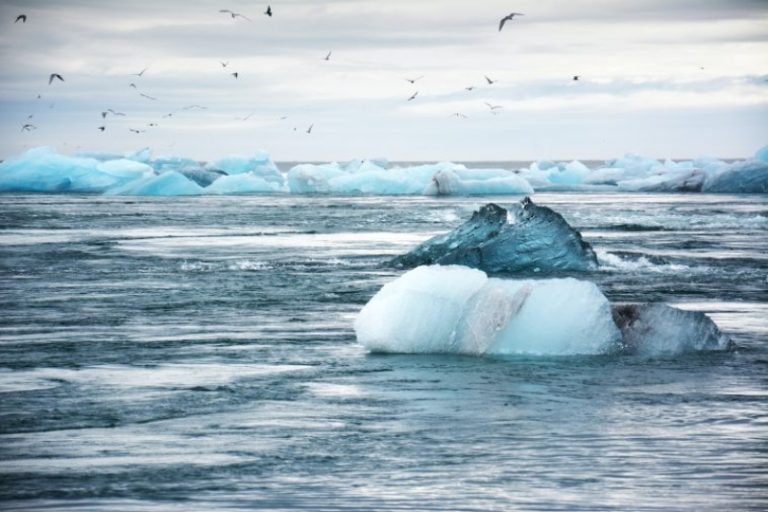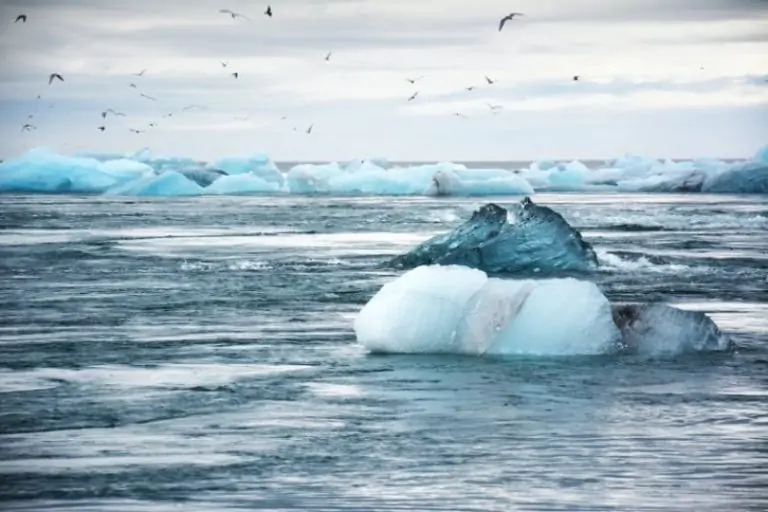

groundbreaking ai produced movie highlights climate change effects in africa
The collaboration between former CNN correspondent Zain Verjee and Grammy award-winning director Matthew Miguel Cullen has yielded a groundbreaking AI-produced film, Ndoto, focused on portraying the impact of climate change in Africa. This venture transcends typical narratives, aiming to spotlight the harsh realities faced by the continent amid a changing climate.
In the past three years, Africa has grappled with catastrophic events, from floods in Nigeria and Mali to the encroachment of the Sahara into the Sahel and a devastating drought in the Horn of Africa. These crises have not only claimed lives and property but also displaced 1.5 million people, leading to the loss of 13 million livestock in the Horn of Africa alone.
Despite contributing only 3% of global greenhouse gas emissions—merely a fraction of China’s output—Africa bears a disproportionate burden of climate change. Zain Verjee, speaking to TechCabal, emphasizes the urgency of addressing this critical issue, labeling it “the most important topic of our generation and an existential threat to humanity.”
Ndoto, completed within a week, offers a poignant portrayal of the impacts of climate change. Departing from clichéd representations of Africa, the film captures the fragility and beauty of the continent, putting the human element at its core. The project utilized Runway ML, an AI-powered video creation tool, and custom software developed by Mirada Studios, founded by Matthew Cullen and Guillermo del Toro.
Thousands of images were generated using advanced AI technologies, with only a select few making it into the final cut of Ndoto. The rapid and cost-effective nature of AI filmmaking, according to Verjee, demonstrates the capacity to surpass traditional barriers, allowing Africans to craft compelling narratives.
Verjee, in her conversation with TechCabal, underscores the preference for AI in filmmaking, providing an accessible platform for Africans to contribute to creative storytelling. The film serves as a testament to the harmonious synergy of algorithmic precision and human creativity, breaking new ground in the cinematic landscape.
The decision to leverage artificial intelligence in filmmaking is not new for Verjee and Cullen, who previously collaborated on “Unstoppable Africa,” showcased at the United Nations General Assembly. This earlier project featured contributions from Grammy Award-winning artist Angelique Kidjo and Nigerian singer Mr Eazi.
In addition to their film endeavors, Verjee is at the forefront of developing Wanja, an AI chatbot. This innovative chatbot, based on retrieval augmented generation, draws from The Rundown, a modern media academy co-founded by Verjee. While not yet publicly available, TechCabal’s testing indicates that Wanja possesses extensive knowledge about African climate, sports, and the creative sector.
Verjee envisions Wanja as a transformative tool to reshape African storytelling. By providing a large language model access to well-researched, authoritative, and curated datasets, the chatbot aims to deliver powerful, authentic, and credible stories. The innovative integration of AI technologies into media and storytelling demonstrates a commitment to elevating African narratives.
UAE President Sheikh Mohamed bin Zayed Al Nahyan held talks with President Faustin Archange Touadéra of the Central African Republic…
African football teams struggle intensely in the World Cup Qualification rounds to earn their place on the international football stage.…
The journey toward the 2026 FIFA World Cup is rapidly intensifying for all African teams, who now hold a historical…
The cricket authority in Zimbabwe will organize matches between top international teams in a major cricket event expected to succeed…
In 2025 the South African Social Security Agency (SASSA) announced its designated dates for social grant payments that benefits millions…
Africa is taking big steps by entering the global green technology manufacturing market to stop being just a supplier of…
This website uses cookies.